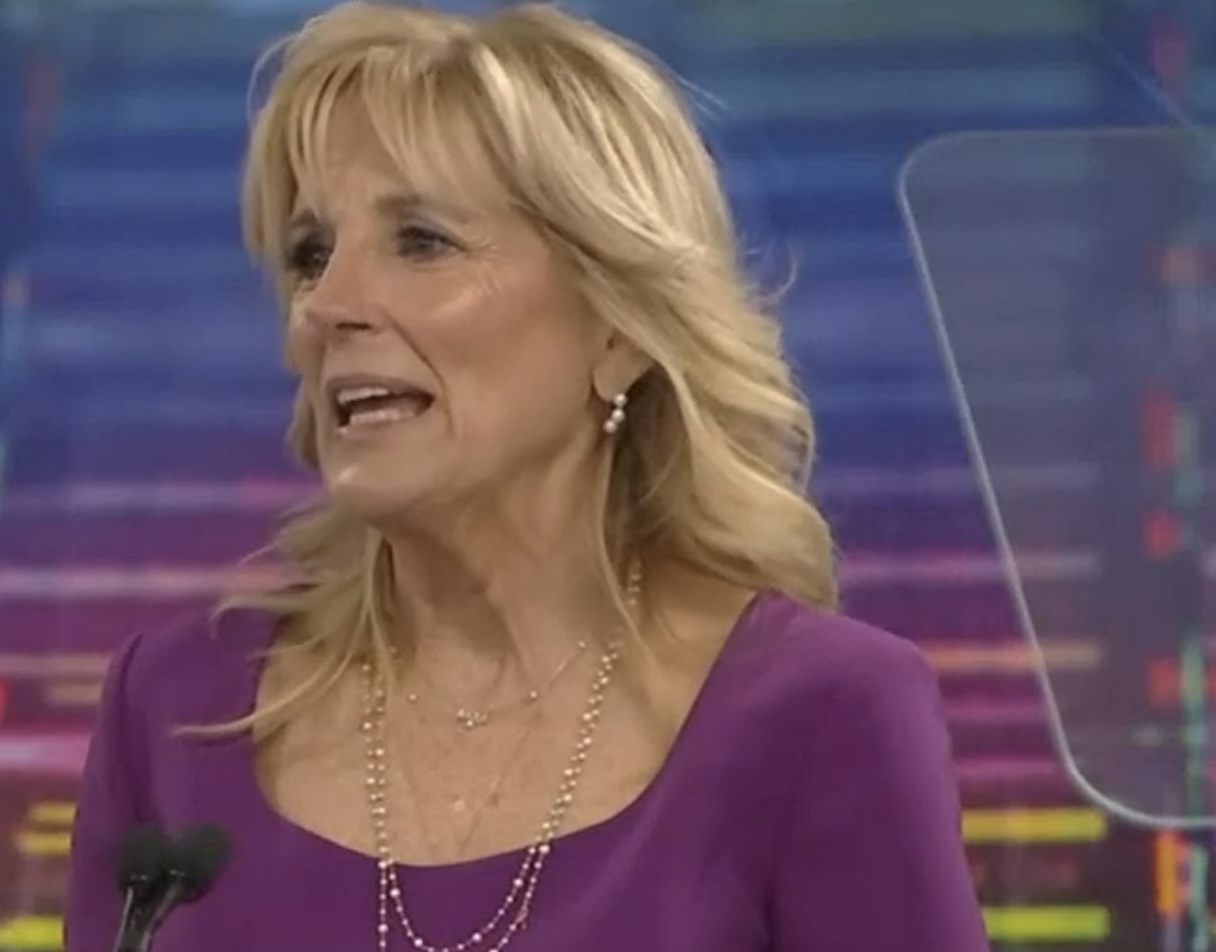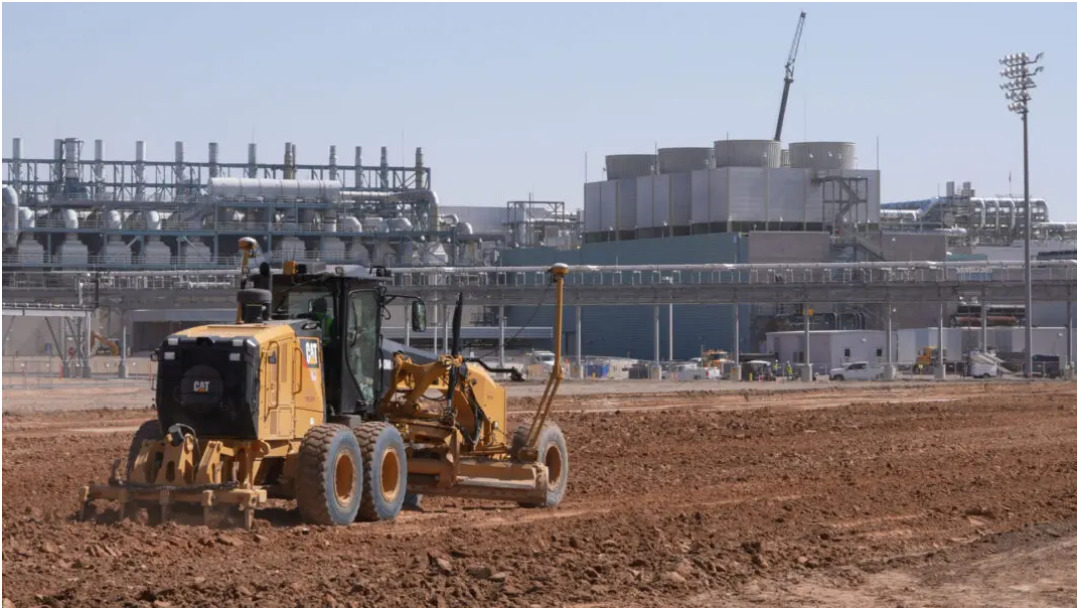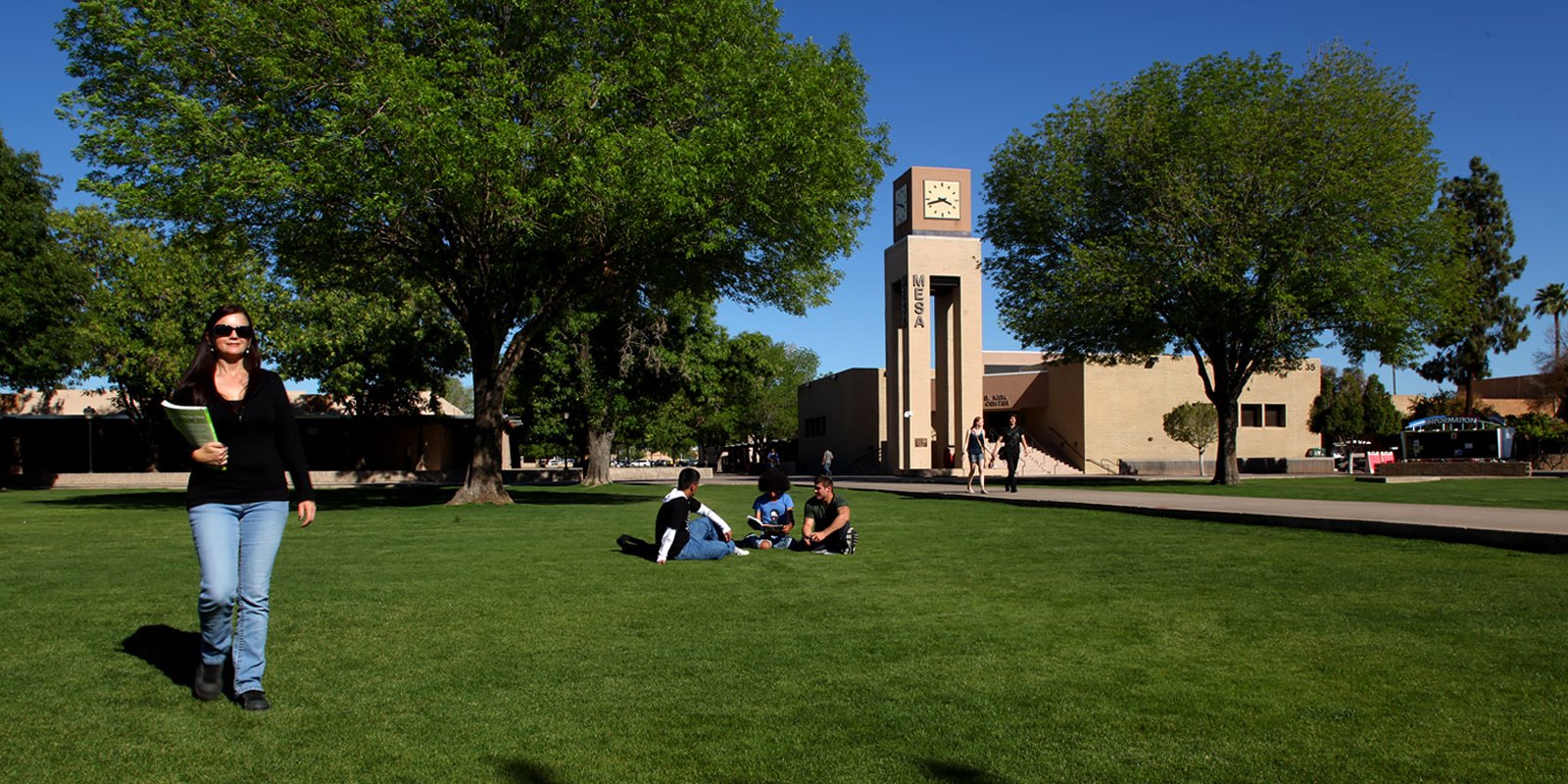
First Lady Jill Biden toured the Intel Ocotillo Campus along the Price Corridor on Monday, where she touted the semiconductor giant’s growth as well as its investment in a partnership with the Maricopa Community Colleges to train workers with the skills needed in the industry.

Intel is Chandler’s largest employer, drawing heavily from West Chandler and South Tempe. Last year, it announced a $20 billion initiative, the largest private investment ever in Arizona, to build two more semiconductor plants on its sprawling 700-acre campus that will bring 3,000 new high-wage jobs.
Intel also announced a partnership with the community college district to create “Quick Start,” a program that strengthens the workforce by preparing students for a career as a semiconductor technician. Quick Start is a series of 10 four-hour classes, with day and evening options. Students earn a certificate and three hours of college credit toward an associate degree, as well as a tuition stipend of $270, which covers the class for Arizona residents.
Students then may interview with Intel for full-time positions with benefits.
“We’re so excited for the investments that Intel is making in manufacturing like those we’re seeing today,” Biden said. “I also want to recognize the many other partners across Arizona ,including Maricopa County Community College District, who are supporting students and making this state stronger each day.
“It means investing in industries of the future, the kind of jobs that make our supply chain stronger, lowering prices and keeping our country safe. . . . These investments are changing lives, and every person that benefits from this program and others like it, who is better off today than they were a year ago, passes that benefit along.”
The First Lady was joined by Angela Hanks, U.S. Labor Department assistant secretary of the Employment & Training Administration. They met with Intel officials to discuss the launch of Quick Start in May at Mesa Community College. The program will expand to Chandler-Gilbert and Estrella community colleges this summer.

“The industrial technology for the semiconductor industry program accelerates the attainment of industry credentials for our students, opening doors for promising in-demand careers supporting our state and national economy,” said Lori Berquam, interim president at MCC. “The program offers our current and future students an incredible opportunity to develop knowledge and skills.”
Zivit Katz-Tsameret, Intel vice president of manufacturing and operations, said a focus of Quick Start is to present new career possibilities to women, veterans and underrepresented minorities in the manufacturing industry.
The First Lady announced that the first class of Quick Start in May will be all female students.
“It means getting rid of the barriers that have kept women out of careers in engineering and manufacturing, and other STEM fields,” Biden said.
The need to ramp up manufacturing of semiconductors at U.S. plants became painfully obvious last year during supply-chain shortages that created a ripple effect through numerous industries, most notably automobile manufacturing, and caused prices to spike.
President Joe Biden reinforced that point during his State of the Union, where Intel CEO Pat Gelsinger was Jill Biden’s guest.
Those interested in Quick Start must complete a short assessment to gauge learning readiness prior to enrolling in the program.
Information and to access the online assessment: maricopa.edu/semico.

